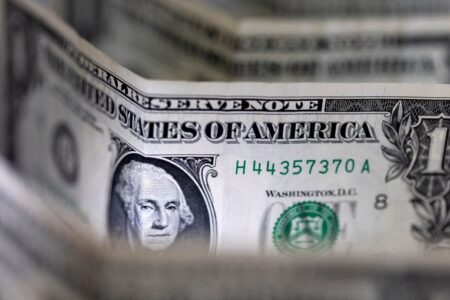Investing.com – The U.S. dollar got a boost overnight on stronger-than-expected second-quarter growth data. Even if the U.S. economy heads into recession, that may not mean a weaker dollar, according to MacQuarie.
At 07:00 ET (11:00 GMT), the dollar index, which tracks the greenback against a basket of six other currencies, was up 0.1% at 101.325, after rising to its highest since Aug. 22 at 101.58 on Thursday.
The recent deterioration in U.S. labor market conditions appears worrisome because much of the discussion about recession entry and exit and many recession indicators center around trends in U.S. labor market data, Macquarie analysts said in an Aug. 29 note.
This is the case even though the NBER’s “recession calls” are not “rules-based” in that they look just at jobs, but at the broader economy.
However, even if the US approaches a recession, this may not mean a weaker dollar, the bank added.
Other economies are also weakening (e.g., Germany) or set to weaken (e.g., the UK), suggesting that both growth and inflation are at their highest levels.
Growth is still generally seen as worse in Europe and the UK than in the US – especially given Germany’s weak GDP data (-0.1%) in Q2.
But in order to keep hopes of monetary easing alive, traders need to see more signs of deflation globally.
The data did not disappoint in this regard, with weak inflation data from Germany and Spain, which forecast inflation to fall to 2.2% year-on-year.
